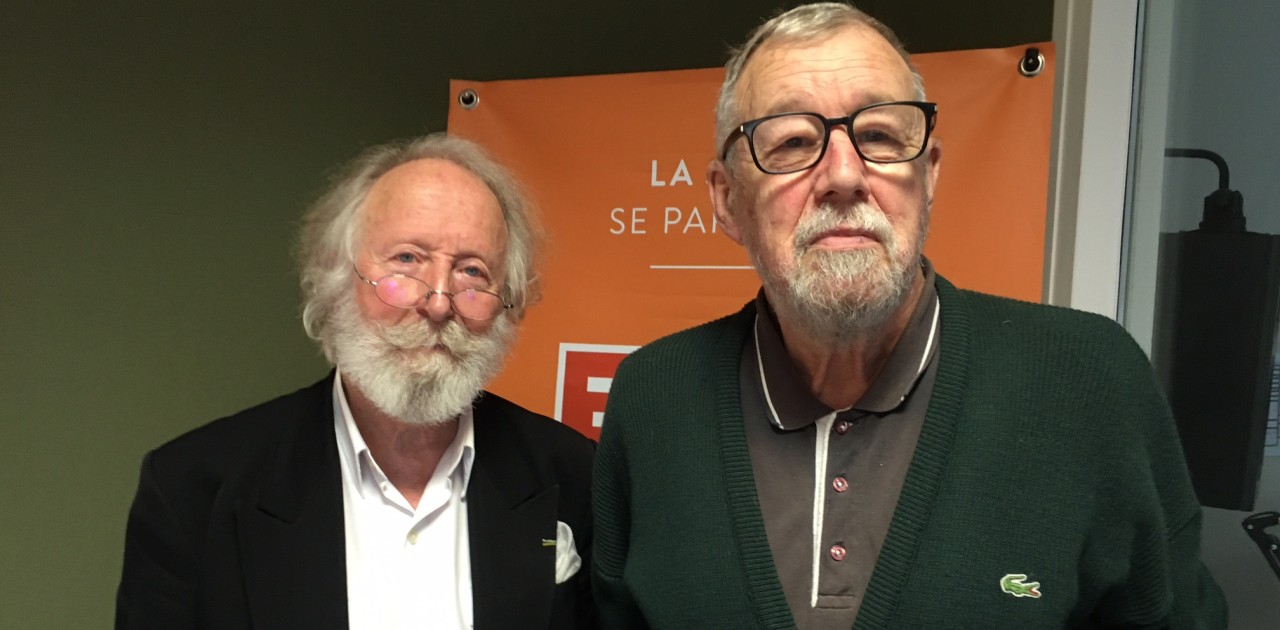AFP extension
ANNOUNCEMENTS•
Bosnia and Herzegovina becomes a candidate member of the European Union. The European affairs ministers of the 27 member states agreed on this and the heads of government will take the final decision within this week.
The country is not yet ready for membership, says the EU. It has yet to take steps in the areas of governance, the fight against corruption and the reform of the judicial system.
The European Commission concluded agreements on this with Sarajevo a few years ago, in 2019, but according to the Commission, little progress has been made in recent years.
The leaders of Bosnia’s different ethnic groups are having difficulty agreeing on these reforms. The pro-Russian leader of the Bosnian Serbs, Milorad Dodik, has even repeatedly threatened secession.
GroenLinks MEP Tineke Strik calls the recognition of the candidate’s membership “an important step in regaining the trust of Bosnian citizens”. She believes that the EU has neglected its relationship with the region in recent years, “with dramatic consequences for public confidence”.
Benefits
Only when all the required reforms have been implemented can negotiations on definitive membership begin. Bosnia and Herzegovina now joins a number of other candidate countries in South-Eastern Europe: Albania, North Macedonia, Montenegro, Serbia, Turkey, Moldova and Ukraine.
Bosnia had already applied for membership more than six years ago. Once acquired, it can take many years for a country to become a full member of the EU (in the case of Turkey, for example, more than twenty years). The process is usually accompanied by lengthy and difficult negotiations, but it also brings benefits for the countries concerned: for example, they can already apply for some subsidies from Brussels.
Stability and security
The EU enlargement process has slowed down in recent years but has received a boost from the Russian invasion of Ukraine. Enlargement is now seen in Brussels as a prerequisite for stability and security, leading Moldova and Ukraine to accelerate their bids over the summer.
In the Balkans, only Kosovo now wants to claim its candidacy for EU membership, but Brussels has set the condition for the normalization of relations with neighboring Serbia.
Serbia does not recognize the autonomy of its former province, which declared independence in 2008. In the late 1990s, both countries waged a bloody war, in which NATO also carried out bombing raids on Serbian targets.


